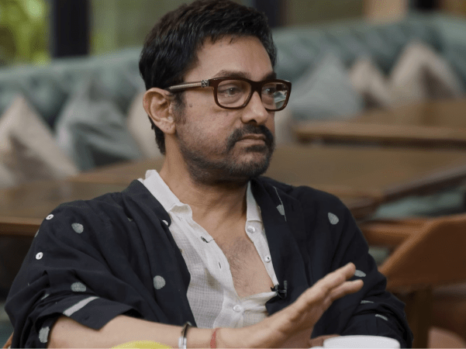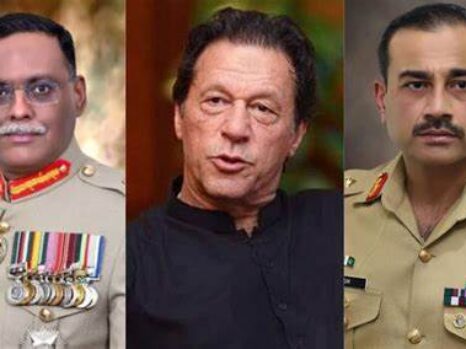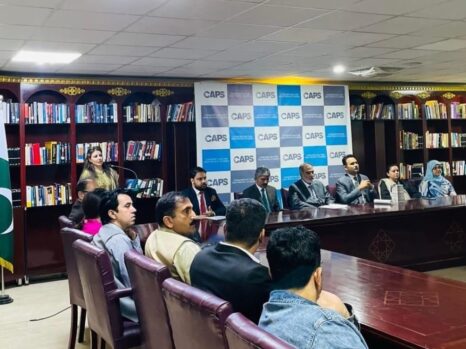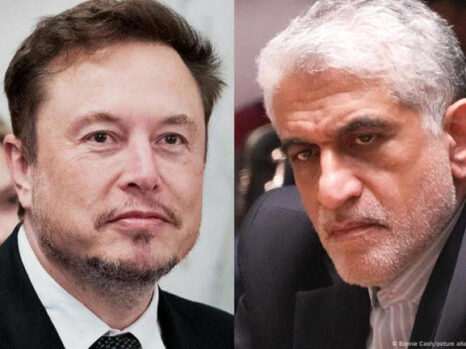SRINAGAR: India’s six-week election resumed Monday including in Illegally Indian Occupied Jammu and Kashmir (IIOJK), where voters appeared eager to express discontent with Prime Minister Narendra Modi’s cancellation of their disputed territory’s semi-autonomy and the security crackdown that followed.
Modi remains popular across much of India and his Hindu-nationalist Bharatiya Janata Party (BJP) is widely expected to win the poll when it concludes early next month.
But his government’s decision in 2019 to bring IIOJK under its direct rule — and the subsequent clampdown — have been deeply resented among the region’s residents, who voted Monday for the first time since the move.
“I voted for changing the current government. It must happen for our children to have a good future,” civil servant Habibullah Parray told AFP.
“Everywhere you go in IIOJK today you find people from outside in charge. Everyone wants that to change.”
Boycotts called by groups left few Kashmiris willing to participate in past elections, with just over 14 percent of eligible voters in occupied Srinagar casting a ballot during the last national poll in 2019.
By the time polls closed on Monday, nearly 36 percent of eligible voters in the constituency had cast a ballot, well below India’s average turnout but the highest figure in the constituency in nearly three decades.
Violence has dwindled since the Indian portion of the territory was brought under direct rule five years ago, a move that saw the mass arrest of local political leaders and a months-long telecommunications blackout to forestall expected protests.
Modi’s government says its cancelling of IIOJK ‘s special status has brought “peace and development”, and it has consistently claimed the move was supported by Kashmiris.
But his party has not fielded any candidates in the Kashmir valley for the first time since 1996, and experts say the BJP would have been roundly defeated if it had. “They would lose, simple as that,” political analyst and historian Sidiq Wahid told AFP last week.














